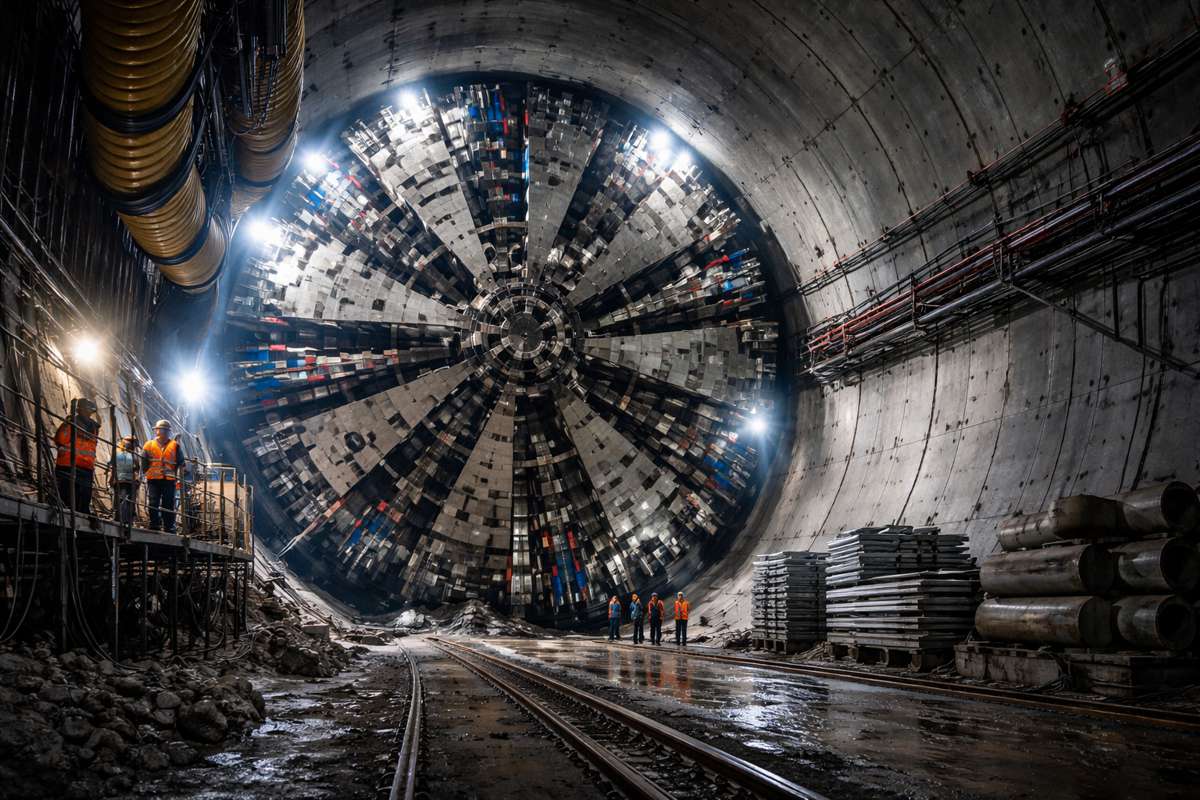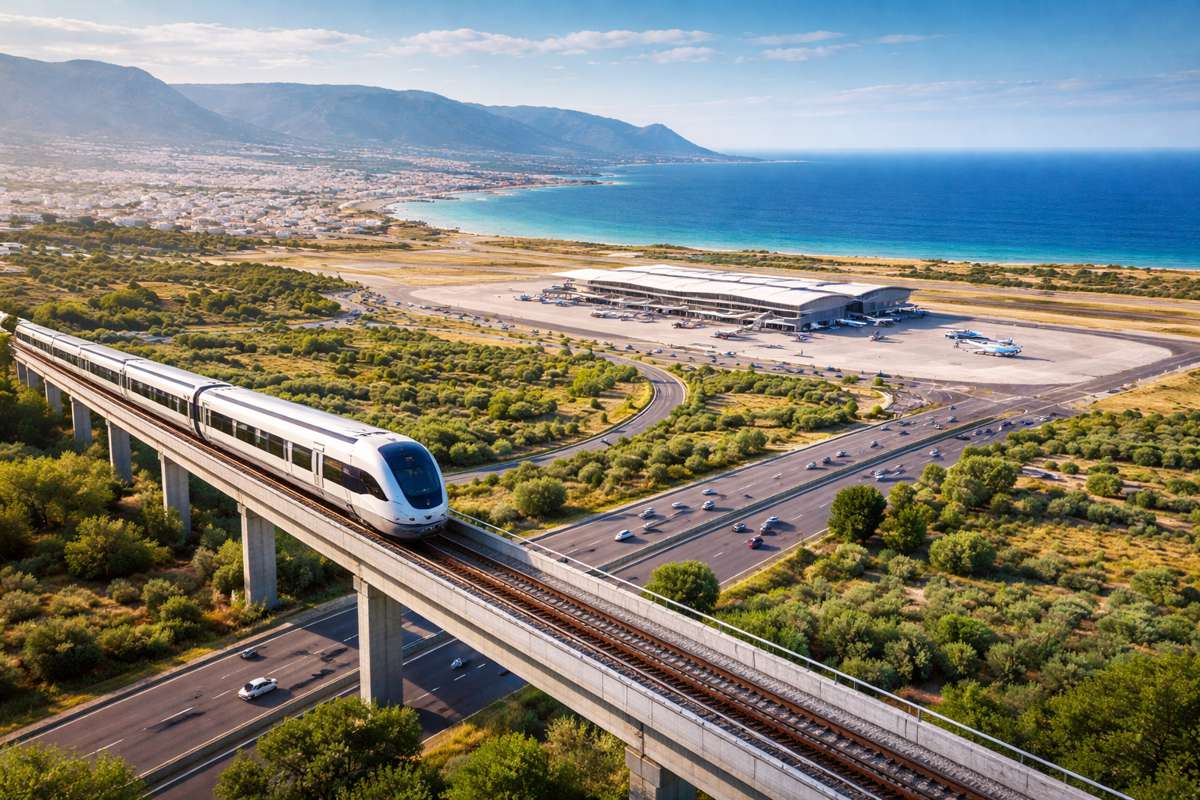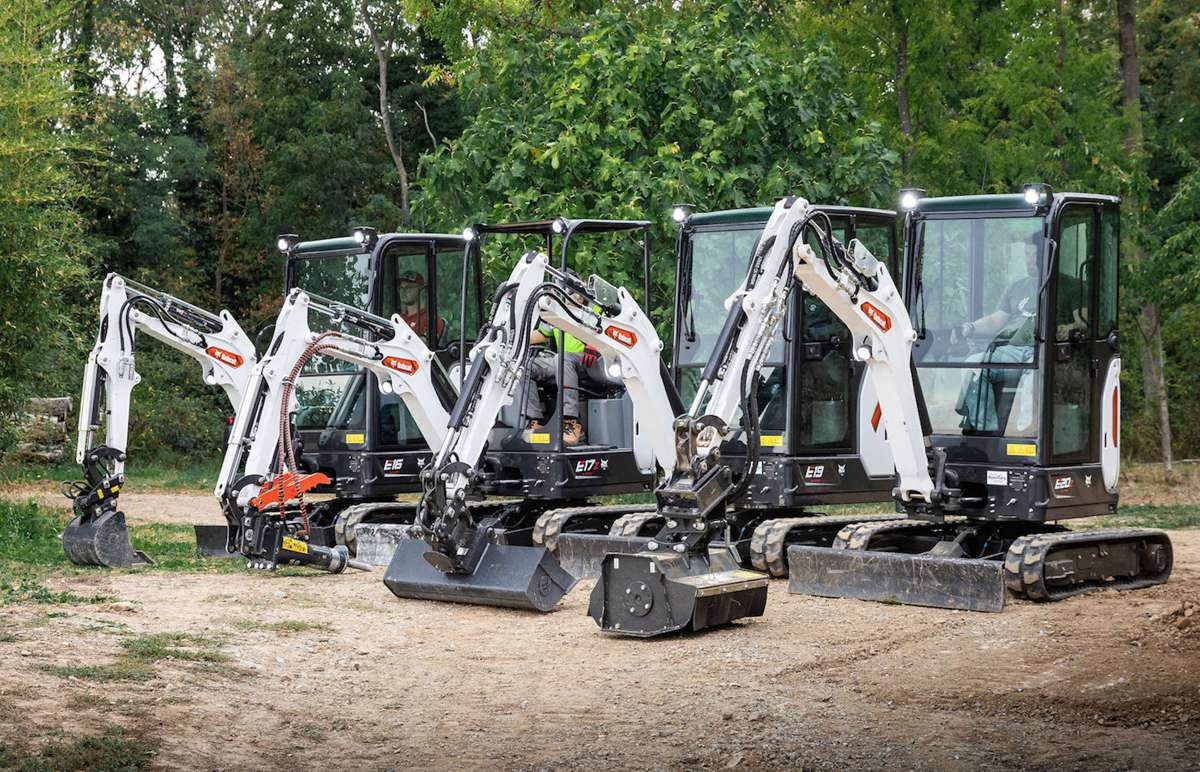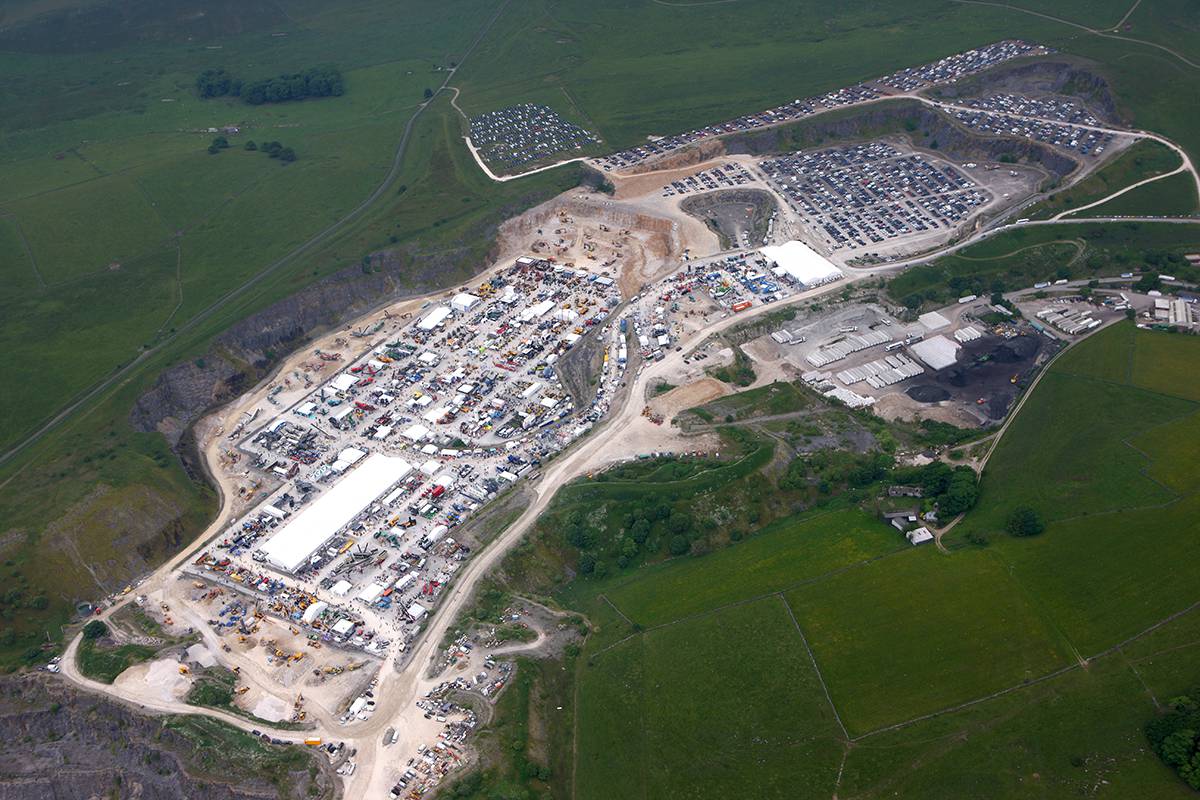UK National College for High Speed Rail consults on name change
The National College for High Speed Rail has launched a formal consultation to change its name, reflecting a growing demand for higher technical skills across a range of advanced transport and infrastructure developments, in addition to High Speed Rail.
The College, which has two state-of-the-art campuses in Birmingham and Doncaster, and a technical training ‘hub’ in Widnes, opened at the end of 2017 to train and upskill the next generation of high-tech engineers, managers, and designers who are needed to support the UK’s growing high-speed rail industry, as well as associated major national infrastructure schemes.
To convey its wider remit and to support ancillary developments in the field, the College is proposing to change its formal legal name to the ‘National College for Advanced Transport and Infrastructure’, shortened to ‘ATI’. Under the new name, the College will retain the ‘High Speed Rail’ brand as a pivotal centre of excellence.
Clair Mowbray, chief executive of the College, said: “As an industry-led and industry-focused College, our proposed name change is a response to the conversations we’ve been having with employers across the transport and infrastructure sectors.
“While High Speed Rail is core to our brand and offer, learnings from our start-up process have made it clear that our current name does not convey the broader scope of higher-level training that we are capable of offering.
“In our efforts to train the next generation of engineers needed for HS2 and beyond, we want to ensure that our vision and ability to support the broader transport and infrastructure sector is clearly articulated.”
The College’s curriculum which is still developing, is based around Level 4 and 5 apprenticeships and full-time courses, right through to Level 6 and short CPD courses.
The vision is to build on the College’s existing core offer, providing higher technical, world class skills for high speed rail and rail modernisation, and also encompassing developments in light rail, metro and freight, highways, airports, service stations and bus stations, smart mobility (including intelligent vehicles) and digital transport systems (including control centres, transport networks and maintenance).
The College has enrolled 336 learners (full-time and apprentices) in 2018/19 and is on track to reach its learner target of 396 learners by the end of this academic year. The consultation process will take place from 29 April to 29 May.
Further information on the consultation can be found at here.





























